
Why Do Your Hands and Feet Itch Like Crazy Every Winter?
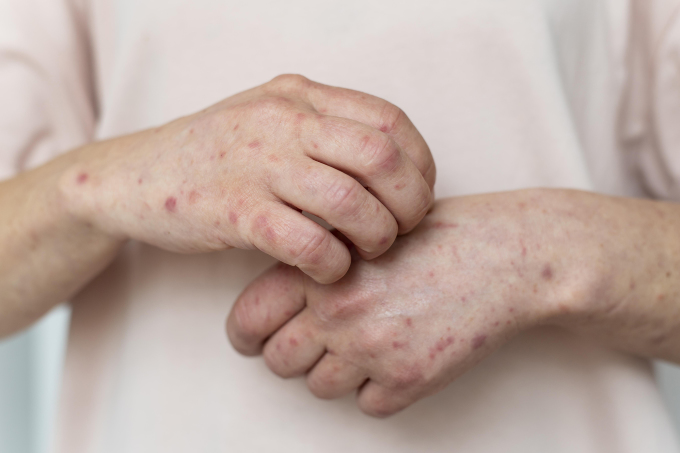
Why Do Your Hands and Feet Itch Like Crazy Every Winter? Experts Reveal the Real Cause and How to Fix It
According to dermatology statistics, every autumn and winter, the number of people seeking treatment for itchy skin increases dramatically — with itchy legs being one of the most common complaints. So why does our skin become so troublesome during the colder months?
The “Culprit” Behind Winter Itch
Cold, dry winter air acts like a “moisture vacuum.” As humidity drops, moisture on the skin’s surface evaporates more easily. In reality, your skin functions as a natural “protective barrier” that locks in hydration and shields you from external damage.
However, when the air is too dry, this barrier weakens and can even crack — compromising the skin’s ability to retain moisture. As a result, tiny fissures form on the surface, much like dry, cracked soil. These microcracks expose nerve endings, and even mild irritation can trigger intense itching.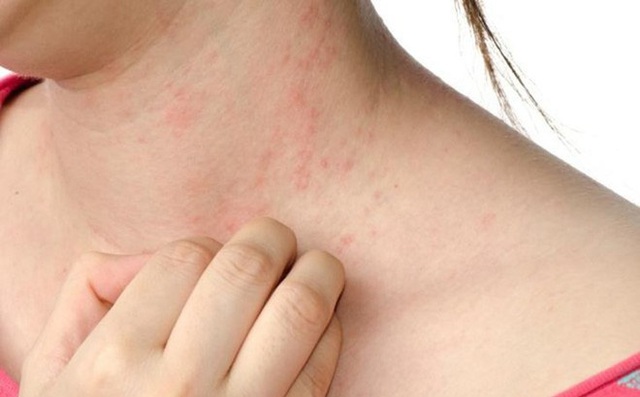
The problem is often worse on the legs and feet, where the fat layer under the skin is thinner and there are fewer sweat and oil glands. With less natural oil to protect the skin, the lower limbs become especially vulnerable — which explains why winter itch often targets the legs.
Other Possible Causes
While dryness is the most common reason, it’s not the only one. If your itching persists or comes with symptoms like redness, swelling, rashes, or scaling, it might be linked to the following conditions:
1. Atopic dermatitis (Eczema)
If you’ve had allergies or eczema since childhood, dry air can worsen inflammation. The harsh winter climate damages the skin barrier, aggravating the condition and making the itching unbearable.
2. Aging skin
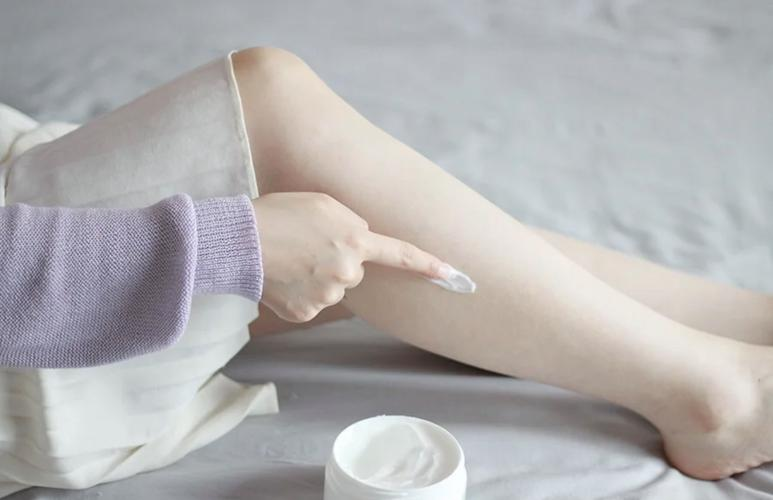
As we age, the skin’s natural defense system weakens. About 50% of people over 50 experience winter itching — also called “senile pruritus.” This happens not just because of dryness but also because aging skin becomes more sensitive to nerve stimulation.
3. Varicose veins — a “warning sign” of poor circulation
If your itching is mainly on the calves, accompanied by aching and visible blue veins, poor blood circulation from varicose veins could be the cause. Reduced oxygen supply in the skin triggers nerve irritation and itching.
4. Systemic diseases
Chronic conditions such as diabetes, liver or kidney disease, and thyroid disorders can also cause generalized itching. If you also notice symptoms like weight loss, yellowing skin, or dark urine, see a doctor immediately.
Why Scratching Only Makes It Worse
Scratching feels like instant relief, but it’s actually a trap. It damages the already fragile skin barrier, worsening inflammation and stimulating even more nerve endings — leading to a vicious “itch–scratch” cycle. Over time, this can cause thickened skin or permanent scarring.
How to Relieve Winter Itch
1. Moisturize regularly
Hydration is key. Choose moisturizers with glycerin, urea, ceramides, or shea butter to help lock in moisture. Always apply while the skin is still damp — ideally within 3 minutes after bathing — to maximize absorption.
2. Bathe gently
Hot showers might feel comforting, but water above 40°C (104°F) strips away natural oils. Keep the water temperature around 37°C (98°F), limit showers to 10 minutes, and use mild, soap-free cleansers.
3. Choose soft, breathable clothing
Wear cotton fabrics close to the skin and avoid wool or synthetic materials that can irritate and worsen itching.
4. Support skin health from the inside
In addition to topical moisturizers, stay hydrated and include omega-3 fatty acids (from fish oil or flaxseed oil) and vitamin E in your diet to strengthen the skin barrier.
5. Seek medical help if needed
If itching seriously affects your daily life, you can use calamine lotion or short-term antihistamines under medical advice to relieve symptoms.
👉 In short, winter itch isn’t just dry skin — it’s your body asking for care. Keep your skin hydrated, protected, and nourished, and the cold months will no longer make you scratch in frustration.
News in the same category


8 Hidden Egg Dang.ers Your Body Is Begging You to Notice — Before It’s Too Late
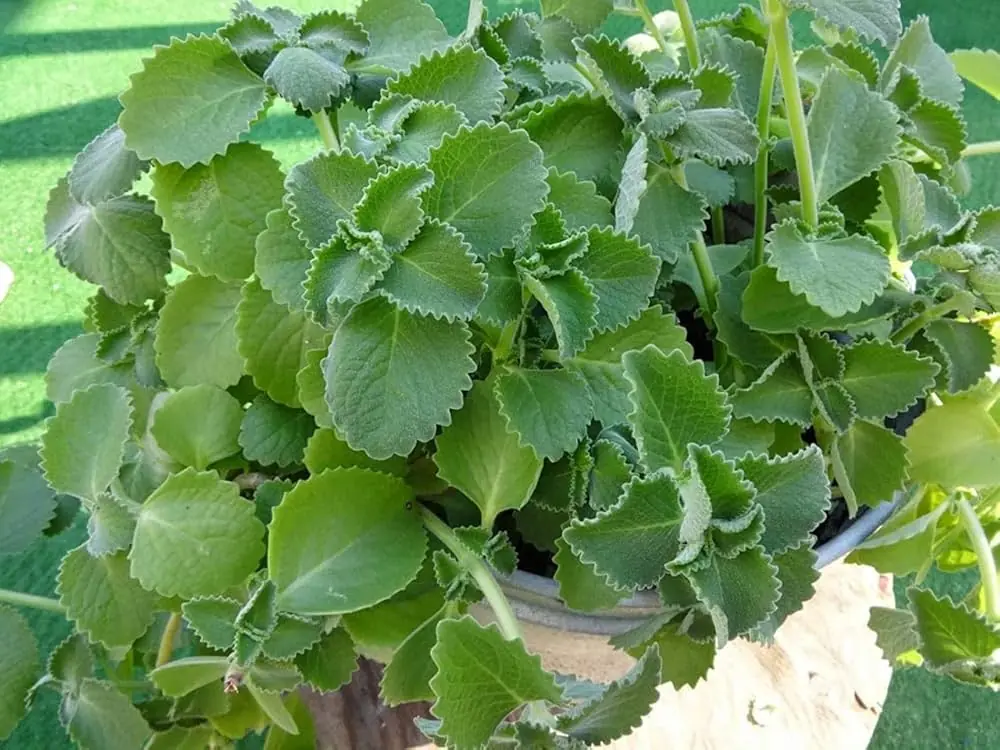
Indian Borage: The Miracle Leaf That Heals Lu.ngs, Skin, Gut, and Soul

The Morning Elixir That Transforms Your Health in One Sip: The Ancient Garlic Ritual Modern Science
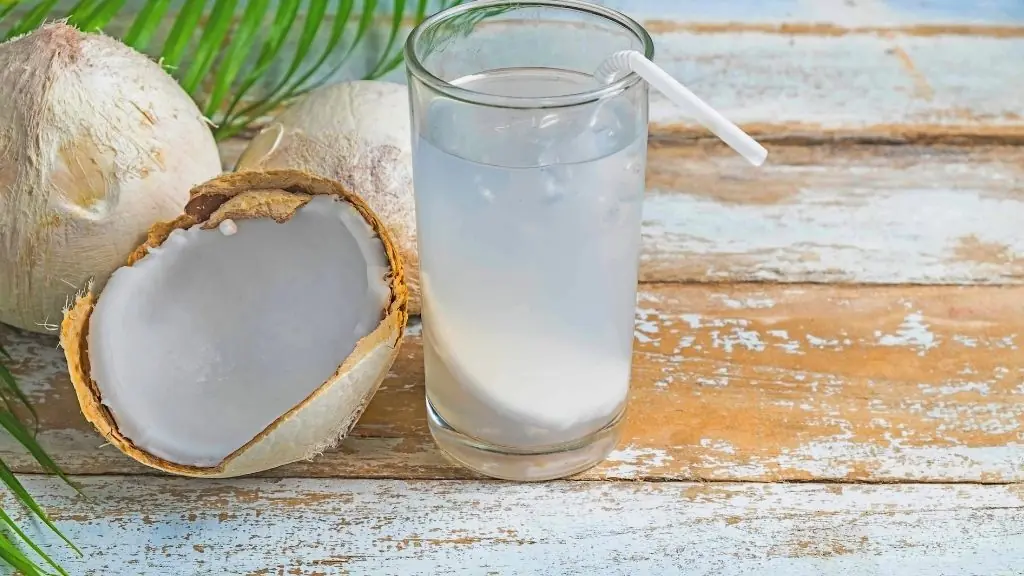
Coconut Water Secrets: The Hydration Miracle You’re Drinking Wrong
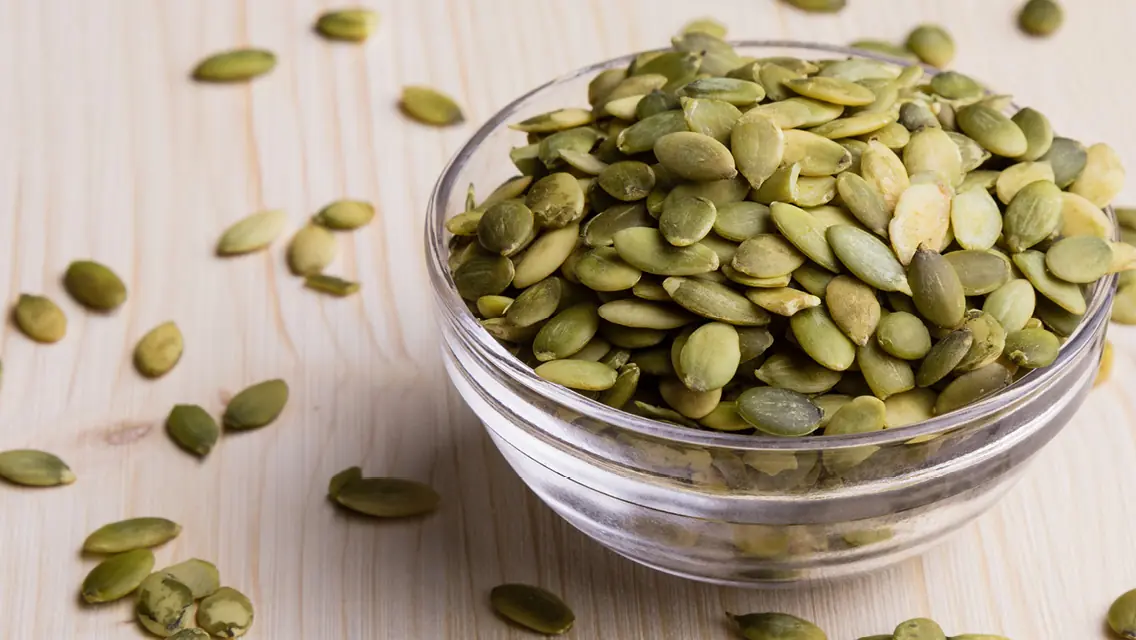
Unlock Prostate Power: The Unexpected Superfood Every Man Over 40 Should Be Eating Daily

Is Your Cooking Oil Secretly Raising Your Ri.sk of Co.lon Can.cer?

10 Superfoods That Can Help Your Body Fight Can.cer

Just 1 OREGANO leaf a day and you will be pain free

Skin Signs in Men That May In.dicate S.e.xu.ally Tran.smitted Dise.ases
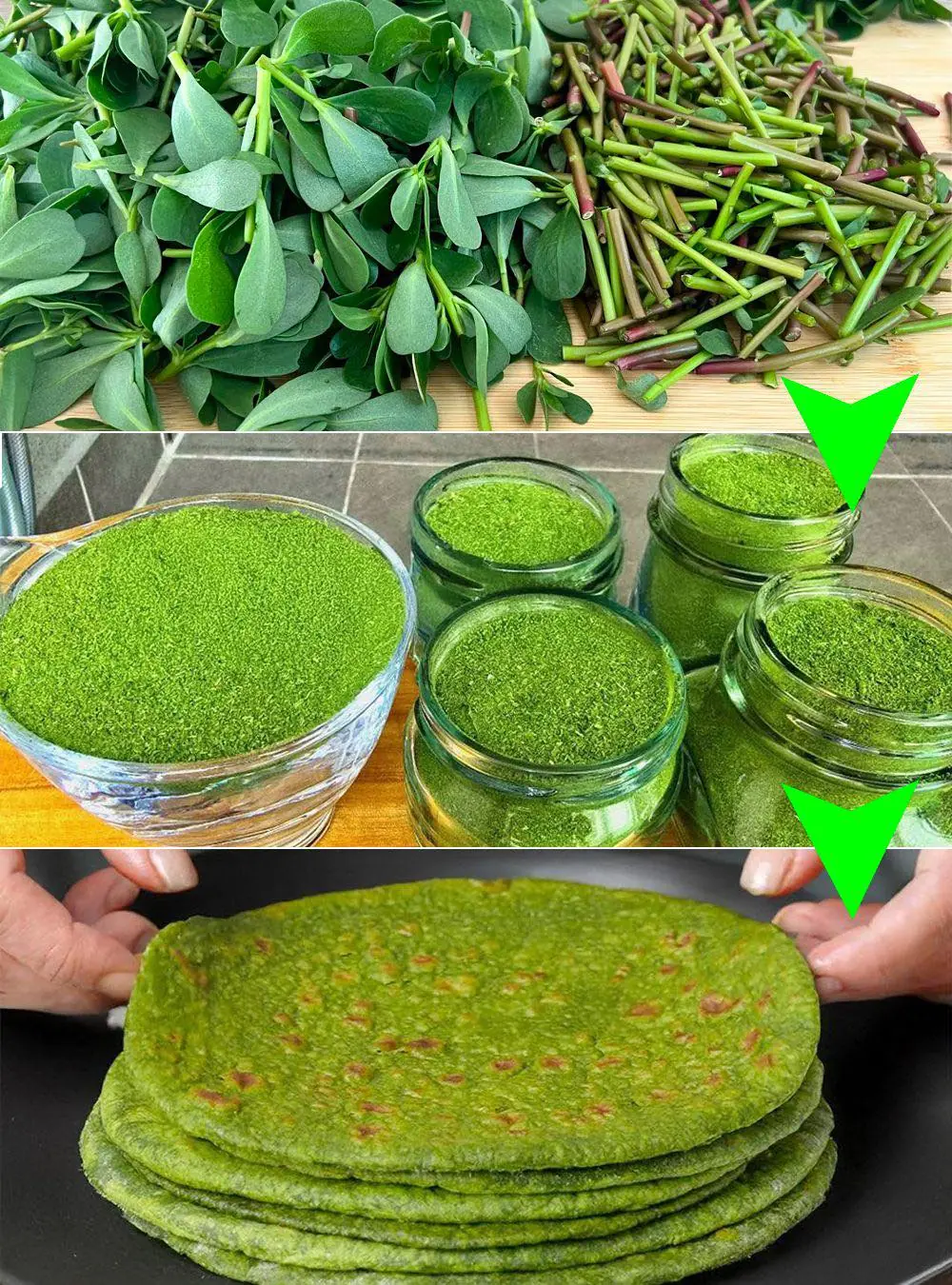
30 Incredible Benefits of Purslane You Probably Didn’t Know About

Recognizing Signs of the Most Dang.erous Health Events in Cold Weather: Often Overlooked

7 warn.ing signs your body is begging for a detox

The humble superfood: why cabbage is a hidden hero for people with diabet.es
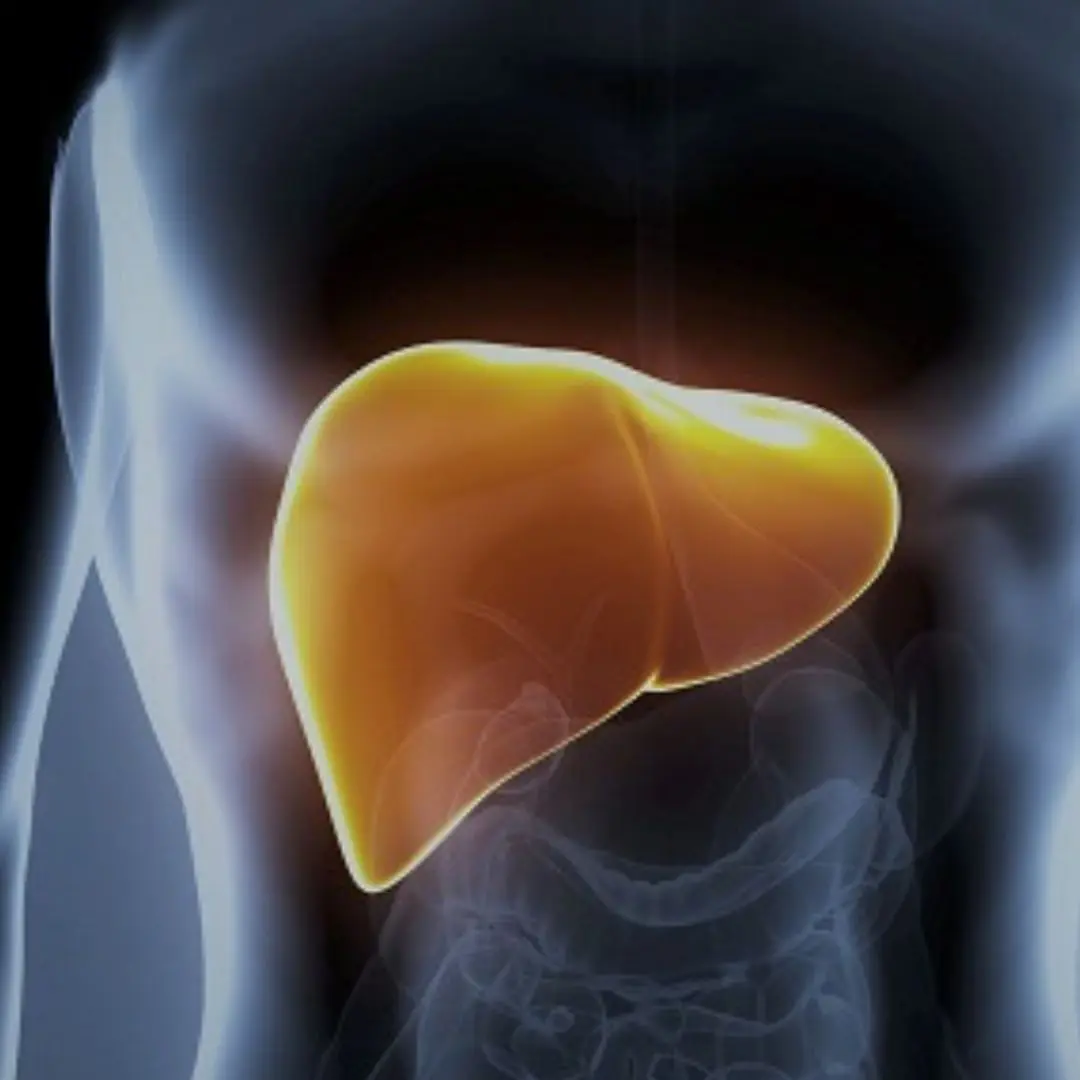
Science backs it up: 3 fruits that fight fatty liver, regulate sugar and cholesterol

The bedtime drink doctors say can improve your sleep and protect your kid.neys

9 surprising health benefits of black grapes you probably didn’t know

Are seed oils really healthy? Only if you use them like this
News Post

A Vegetable Once Fed to Pigs Is Now a “Can.cer-Fighting Superfood” Sold at Sky-High Prices Worldwide

8 Hidden Egg Dang.ers Your Body Is Begging You to Notice — Before It’s Too Late

Indian Borage: The Miracle Leaf That Heals Lu.ngs, Skin, Gut, and Soul

Two Golden Elixirs That Boost Energy, Glow & Balance

The Morning Elixir That Transforms Your Health in One Sip: The Ancient Garlic Ritual Modern Science

Coconut Water Secrets: The Hydration Miracle You’re Drinking Wrong
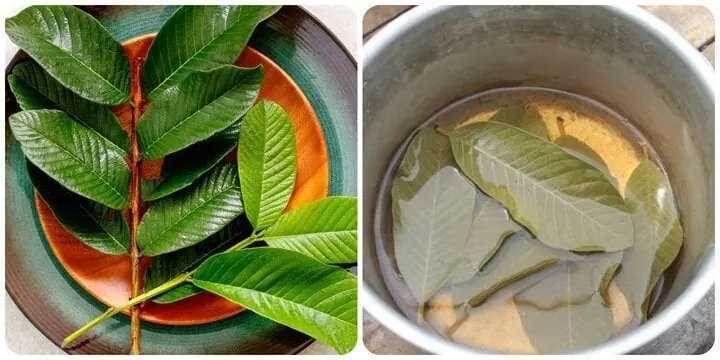
Guava Leaves: 15 Hidden Healing Powers You’ve Been Throwing Away

Unlock Prostate Power: The Unexpected Superfood Every Man Over 40 Should Be Eating Daily

Is Your Cooking Oil Secretly Raising Your Ri.sk of Co.lon Can.cer?

Can Fasting Help Fig.ht Can.cer? What Science Really Says About Intermittent Fasting and Recovery

10 Superfoods That Can Help Your Body Fight Can.cer

No Pills, No Pain: 9 Surprising Ways to Stop a Headache Naturally

When Swallowing Feels Like Fi.re, There’s One Golden Remedy That Can Save You

Just 1 OREGANO leaf a day and you will be pain free

Skin Signs in Men That May In.dicate S.e.xu.ally Tran.smitted Dise.ases

Fifteen Bikers Broke Into Children’s Hospital

30 Incredible Benefits of Purslane You Probably Didn’t Know About

4 Abdominal Changes That Could Signal a Hidden Tumor
